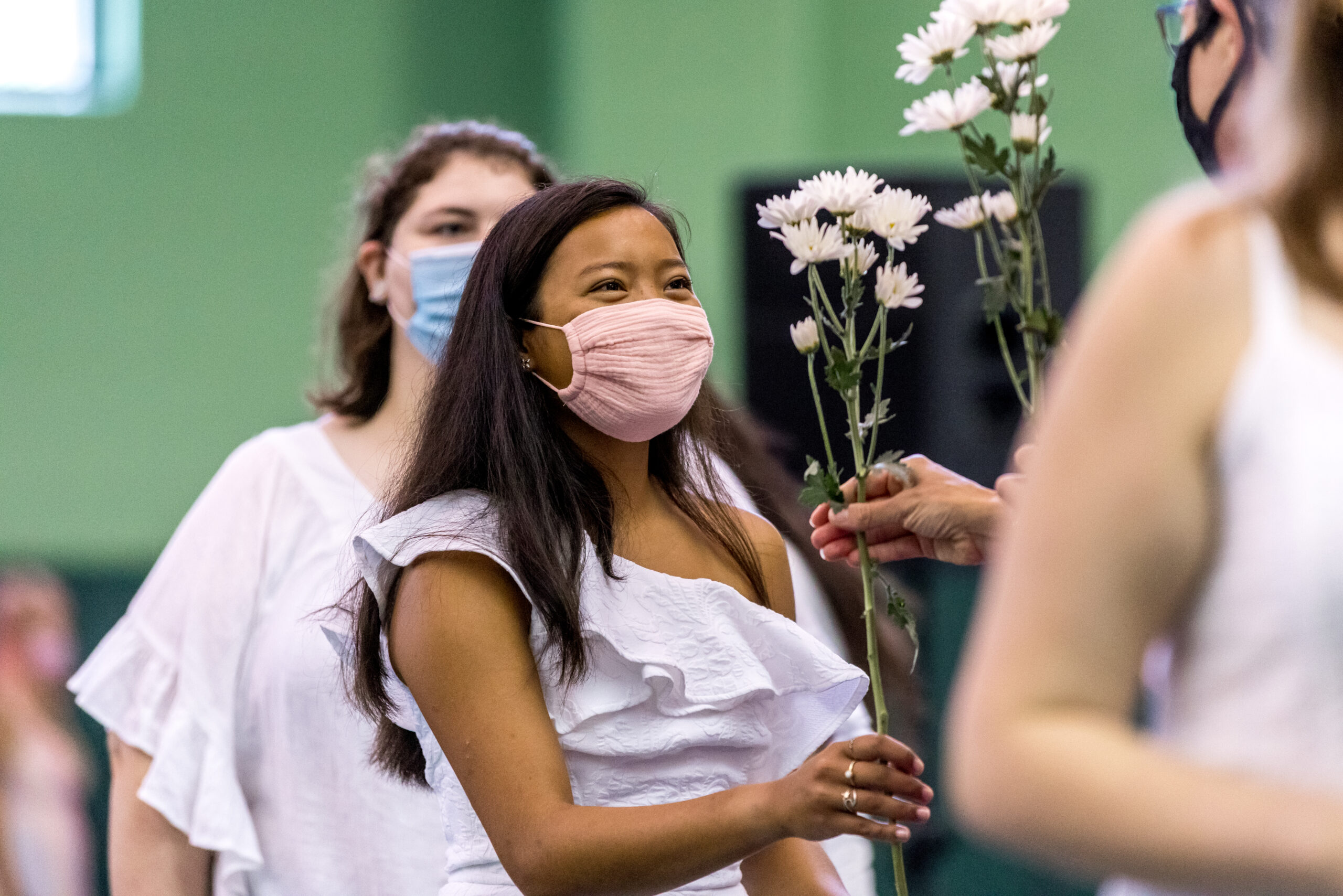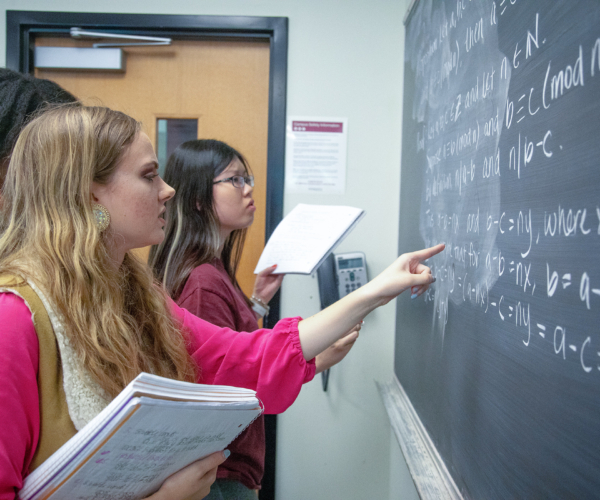Donors to two women’s liberal arts colleges have been showing their strong beliefs in the institutions’ missions—in a very big way—even as higher ed navigates COVID’s disruptions.
Meredith College in Raleigh, North Carolina, collected 32 seven-figure gifts—several of them in the multimillion-dollar range—during its last fundraising campaign, which closed a year early due to the surplus. During the campaign before that, there were just three gifts of $1 million or more.
And the institution has recently raised more than $10 million outside of any formal campaign, enabling it to surpass its advancement goals during the pandemic. Its endowment has since surpassed $136 million.
“People are realizing more than ever the power of educated women and women who are educated to be strong and to support each other and make great change in the world,” President Jo Allen told University Business. “We find ways to meet women at whatever point they are in their lives and take them to next level—or five or six levels up.”
Allen attributes the success, in part, to the mentoring connections the college makes between current students and its alumni network. As important, graduates and donors continue to see the value in a college designed specifically for women, Allen says.
“All the leadership roles on campus are held by women,” she says. “It is coaching, it is mentoring in how to be a good leader—everything we do here is built for women.”
Meredith’s retention and graduation rates are also increasing, reaching their highest levels in a decade. The college has made a concerted effort to match the scholarships of its Pell-eligible students, who account for about 30% of Meredith’s enrollment, Allen says.
“It helps us ensure that when students come to Meredith, they can stay,” she says.
Learning from past ordeals
The experience of having been on the brink of shutting down six years ago has helped Sweet Briar College confront the COVID pandemic, says Mary Pope Maybank Hutson, the Virginia institution’s vice president for alumnae relations, development and communications.
The Sweet Briar Fund hit $7.7 million in fiscal year 2021, surpassing its $5 million goal. Giving for the 2021 operating budget—restricted and unrestricted—reached $12.9 million as the college also enrolled its largest ever incoming class of 205 students.

“We have muscle memory from 2015,” Hutson says. “I can honestly tell you Sweet Briar is on strong financial footing and I feel strongly now that our alumnae will never waver from a challenge, whether it’s a global pandemic or anything else.”
The college has collected an average $10 million in unrestricted annually, an amount that’s “unheard of for a college our size,” she says.
The current climate for higher ed giving is strong and Hutson advises advancement teams at other institutions to take action. This includes tapping alumnae leaders to make gifts and also asking them to reach out to their former classmates to donate.
Sweet Briar has also appointed “giving ambassadors” in each of its classes of graduates.
“This is the time to go to all of your constituencies and ask them to make you their No. 1 philanthropic priority—if not No. 1, then in the top 3,” Hutson says.
More than a third of Sweet Briar’s alumnae have donated, compared to a national average of 22.3% of graduates giving to their alma maters.
She also recommended launching special giving events that coincide with important moments in an institution’s history. Each March over the last six years, Sweet Briar has raised $1.8 million during a 10-day giving event that commemorates the near permanent closure of its campus.
“We believe that women will own the 21st century,” Hutson says. “Their leadership is a collaborative leadership that will encourage and engage others to rise.”







